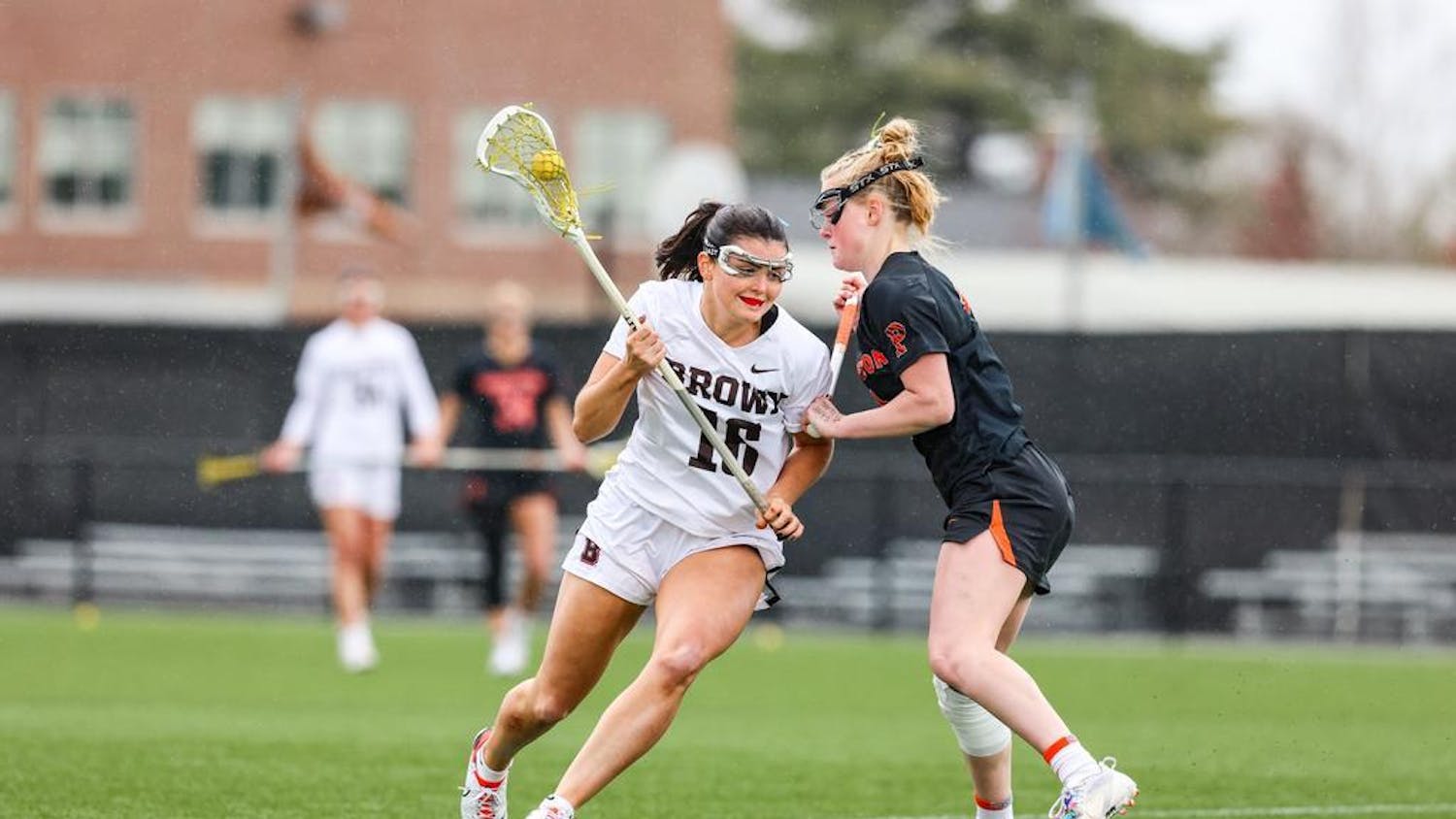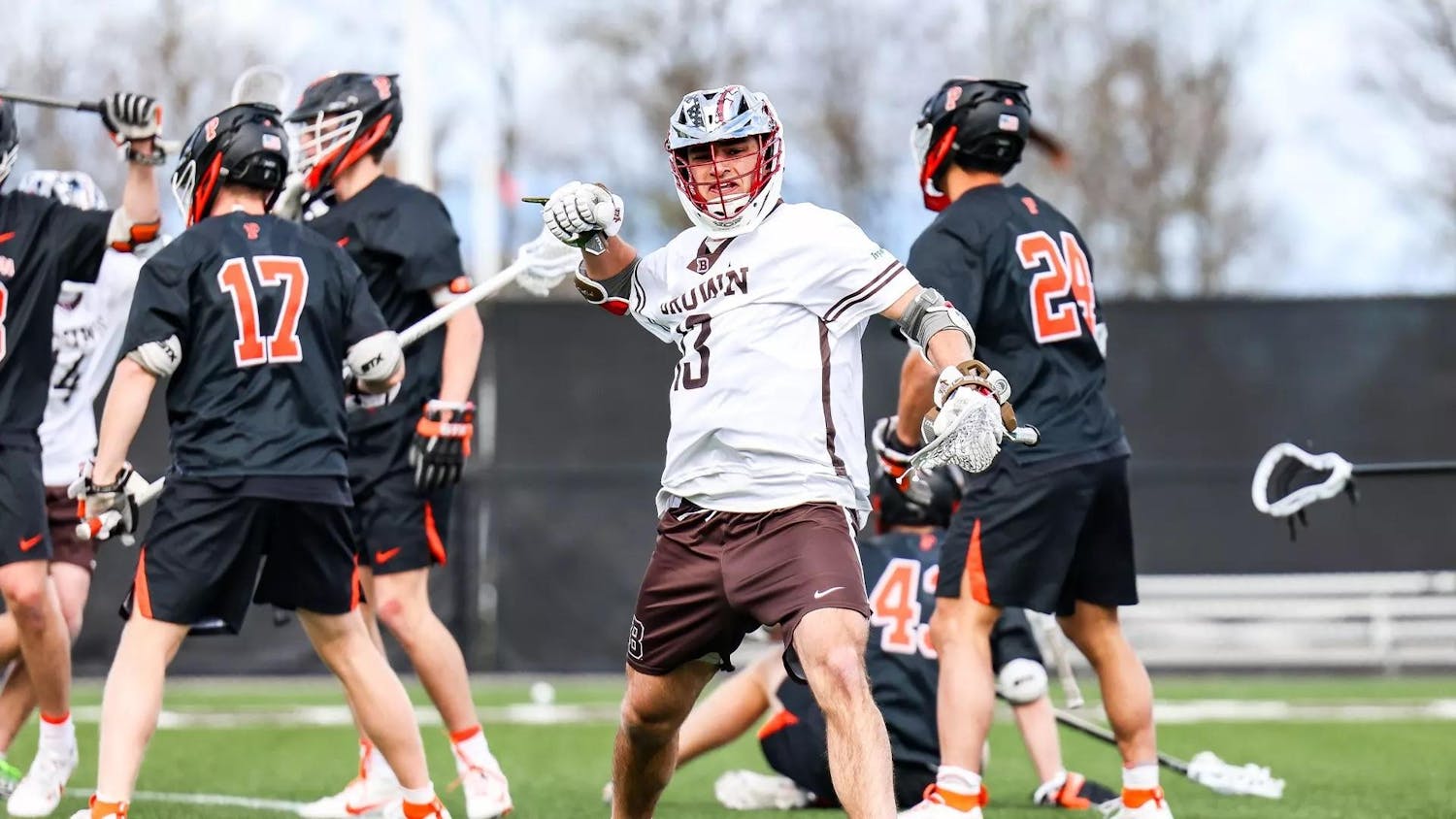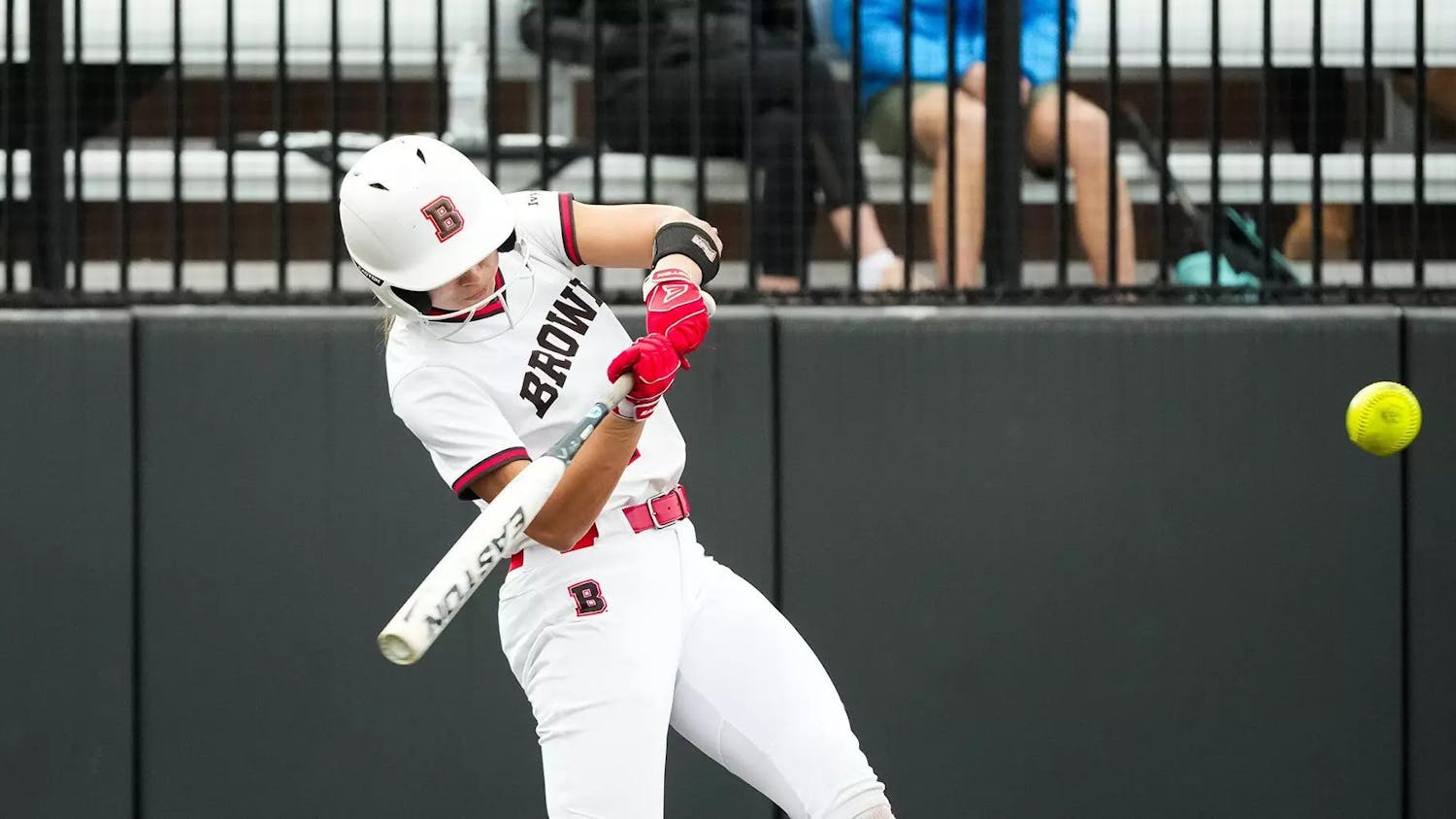In today’s NBA, general managers, the media and fans are all obsessed with advanced stats such as player efficiency rating and true shooting percentage. While these stats do provide valuable insight into a player’s value to a team, there are some things that just can’t be quantified. Quality of a teammate’s character and, to a larger extent, team chemistry come to mind. Two teams built this year serve as examples of organizations valuing each side of the spectrum.
Last year, the Houston Rockets made the Western Conference Finals, powered by the unstoppable James Harden on offense and a rock-solid, motivated Dwight Howard on both sides of the floor. The rest of the team was built to accommodate those two players’ strengths. Patrick Beverly was a point guard who didn’t need the ball, could spot up and hit the three and defend the other team’s point guard effectively. Trevor Ariza could space the floor and defend the opposing team’s best wing player, enabling Harden to get more rest on D. And Houston rotated several stretch fours who gave enough space for Howard to go to work in the post unhindered. It was a precise roster based on the exact way Daryl Morey, Houston’s general manager, wanted the Rockets to play.
But Howard and Harden have established reputations as sub-par motivators and example-setters. Harden has never been a good defender, and Howard has constantly wanted to be featured more in Houston. Adding fuel to the fire, the Rockets went out this summer and acquired another player with talent but questionable character in Ty Lawson. It seemed to be a good deal for the Rockets at the time, but there was a reason Lawson was available for the low price — his off-the-court problems had caused too much of a headache for the Denver Nuggets.
Just barely into the regular season, the Rockets fired their head coach, Kevin McHale, and benched Lawson as the team continued to play poorly. Despite having one of the most precisely crafted and talented rosters in the league, the Rockets sit outside the Western Conference Playoff picture at the moment. They have no player with strong character to set them straight, and they don’t seem interested in holding each other accountable. In other words, they have poor team chemistry.
The Trail Blazers, on the other hand, have gone 17-4 in their past 21 games and sit seventh in the Western Conference standings. This is a team that lost four starters over the offseason and was expected to take its growing pains straight to the lottery. But General Manager Neil Olshey has constructed a roster that is the antithesis of the Rockets’ — featuring underrated, undervalued young players with chips on their shoulders. Starting two-guard is C.J. McCollum, a first-time starter who has been lighting the NBA on fire. Al-Farouq Aminu, their starting small forward, plays gritty defense and made close to the NBA minimum salary last season. Their starting four is currently 20 years old (younger than I am!) and rotates with quality backup big men Meyers Leonard and Ed Davis. Their starting center, Mason Plumlee, was acquired in a trade with the Nets and has provided effective rim running and tough defense.
And then there’s the bona fide star, Damian Lillard, who came from a college in Ogden, Utah. He has been snubbed from the All-Star game twice: His game is eerily similar to Steph Curry’s, just not on the same level. Every player he plays with lauds his ability to keep guys motivated and involved. And Coach Terry Stott’s offense, while being run through Lillard and McCollum, involves many touches for the other players.
This team doesn’t have pretty spacing like Houston, nor does it have a runner-up MVP candidate. Many of Portland’s players are younger than 26 and are relatively inexperienced, but they’re hungry. The team chemistry is undeniable. When your best player is setting a positive example for the other guys around him, that will fuel every player to perform at a higher level and play for each other. As cliche as it might sound, the chemistry between teammates has a real impact on a team’s performance. While it might not be inherently quantifiable, it will show up on the stat sheet. Just look at the wins and losses columns for Portland and Houston this year.
Joe Diehl ’18 once played Damian Lillard one-on-one. You can guess who won. Find out the score at joseph_diehl@brown.edu.




